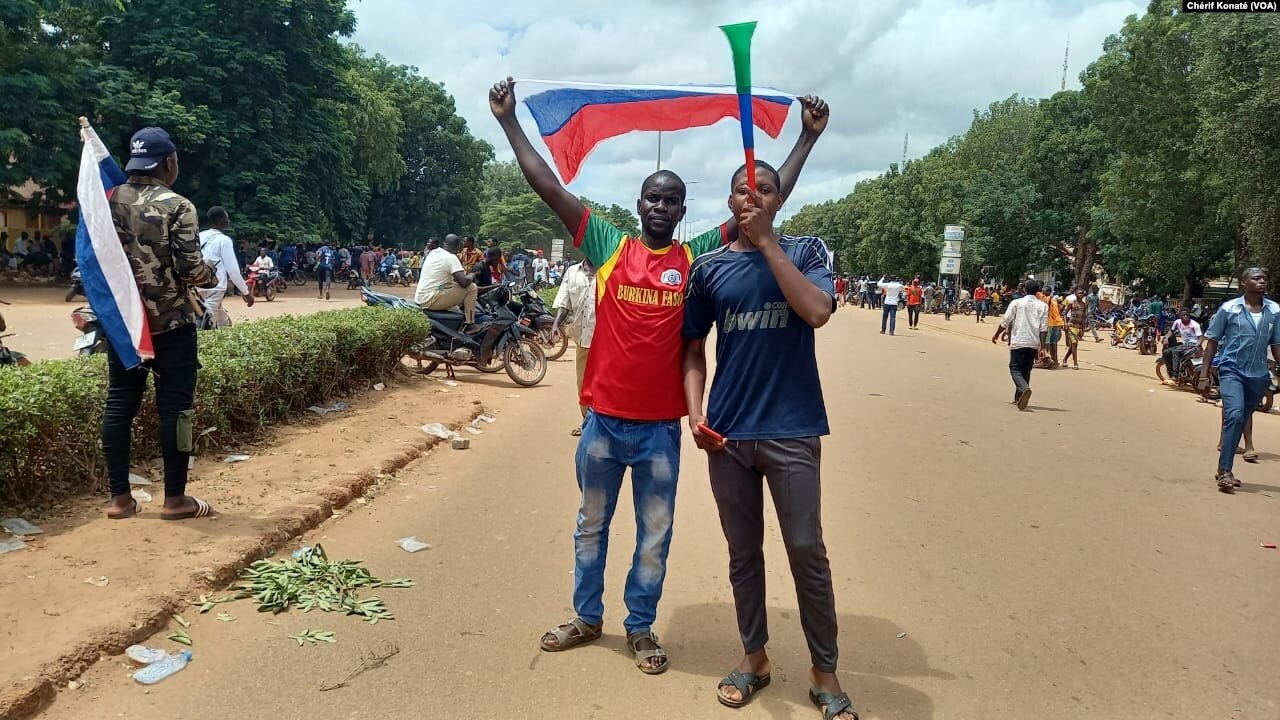
The Cost of Forgetting Africa in Security Strategy

In
Since Russia’s full-scale invasion in Ukraine in February 2022, European defence ministries have been firmly focused on responding to the emanating threat from the east. That is an understandable prioritization given the magnitude and implications of the war in Ukraine.
*****
The Cost of Forgetting Africa in Security Strategy
Since Russia’s full-scale invasion in Ukraine in February 2022, European defence ministries have been firmly focused on responding to the emanating threat from the east. That is an understandable prioritization given the magnitude and implications of the war in Ukraine. Yet, it is not enough to look to the east. EU’s closest neighbouring continent, Africa, is currently facing an unprecedented level of jihadist expansion, a steep upsurge of armed conflicts and the fastest demographic increase in the world. In Belgium’s 2025 Strategic Defence Vision, Africa is however effectively sidelined even though the continent is identified it as a zone of threats and interest. Nevertheless, ignoring our southern flank in security and defence discussions is shortsighted, dangerous and costly from both a political and security perspective. Three reasons in particular stand out:
- First, Africa is currently witnessing the world’s fastest jihadist expansion:
with more than a 300% increase in violent extremism between 2012 and 2022 with a staggering 22,307 deaths linked to these groups only in 2024, setting a new tragic record and establishing the continent as the hotbed for armed jihadist organisations. Both the Islamic State and Al-Qaida affiliates are connected to the expansion, but especially the latter have expanded exponentially in the Sahel region over the past few years, with, as an example, almost two thirds of Burkina Faso’s territory being under JNIM’s, a local Al-Qaida affiliate, control. The security situation has worsened significantly since a coup wave rocked the region beginning of 2020, leading to a strategic realignment by the African military leaders with Russia. - Second, the current Global Power Competition extends well beyond the eastern front:
Russia has systematically expanded its footprint in Africa after each intervention in its neighborhood—2008 in Georgia, 2014 in Crimea, and, most decisively, following its 2022 war of aggression against Ukraine. The latter triggered a major push for influence through both informal channels like the presence of the infamous Wagner mercenary group and formal defence agreements, with the Russian Minister of Foreign Affairs, Sergei Lavrov, conducting more than 18 visits to African partner states, to be compared with Ursula Von der Leyen, the President of the European Commision visiting three during the same time period. The competition is most visible in the Sahel, once a hub for EU CSDP missions and France’s Operation Barkhane, where coup leaders have expelled Western forces, welcomed Russian troops, and are now pushing out Western mining companies in favor of Russian and Chinese partners. - Third, Africa is the fastest growing continent in the world:
its population is set to double from 1 to 2 billion between 2020 and 2050, a population disproportionately affected by climate change, food insecurity, and armed conflict. This demographic surge will inevitably affect Europe. While equating migration with security threats is both false and dangerous, it is equally naïve to think that walls or restrictive policies can shield the EU from the different types of pressures arising just across the mere 13-kilometer strait separating Spain and Morocco.
To conclude, none of these factors will pose any direct threat to Europe or Belgium today, but they will have an impact over the medium to long term on our security and political environment tomorrow.
While that does not mean that we should turn away our focus from Ukraine, it does mean that we need to be able to acknowledge, discuss, and prepare for more than one crisis at the time, and build that, long-discussed, 360 degree defence. Global competition is rarely won at the level of core interests, but through incremental gains and losses around so-called peripheral ones. Russia’s war of aggression has shown that defence preparedness cannot be improvised; if Africa remains absent from our security and defence planning, we risk learning that lesson again—at far greater cost.
First published in French in La Libre.
(Photo credit: Wikimedia Commons)